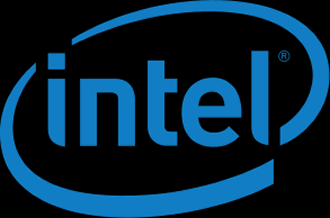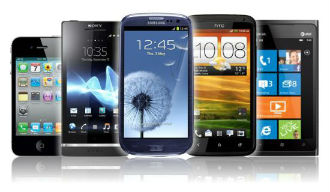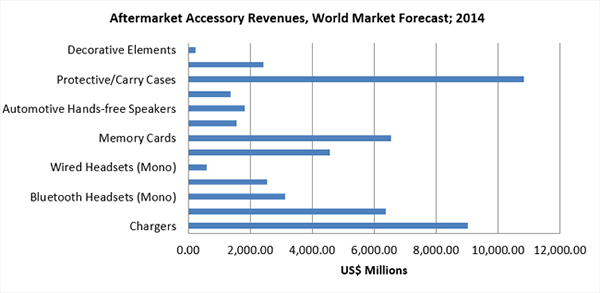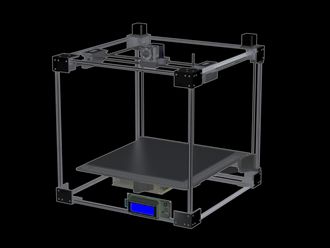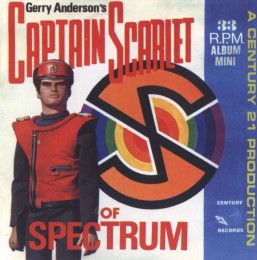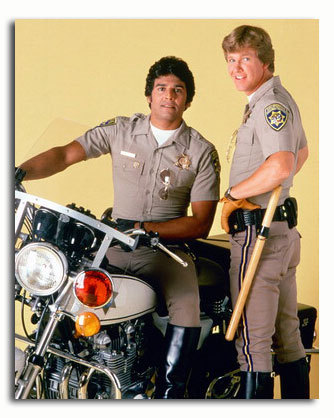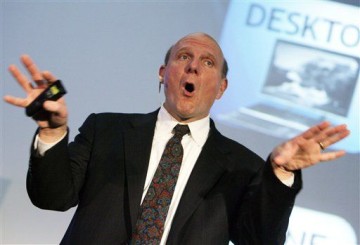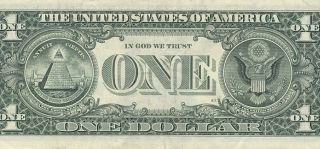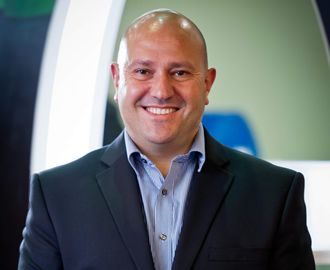 Giant vendor IBM said it is offering a number of initiatives in a bid to help the spread of the deadly Ebola virus in Africa.
Giant vendor IBM said it is offering a number of initiatives in a bid to help the spread of the deadly Ebola virus in Africa.
It has donated IBM Connections technology to Nigera in a bid to help preparedness for future outbreaks of the disease and has created a global portal to share Ebola data.
IBM has worked with Sierra Leone’s Open Government initiative, Cambridge Uni’s Africa Voices project, telco Airtel and startup Echo Mobile.
The Sierra Leone system lets people report Ebola problems and worries using SMS or voice calls. That, it says, will help the government improve its strategies for containing the outbreak.
Using IBM supercomputers and analytics in the cloud, the system will identify correlations and emerging concerns across the entire data set of messages. SMS and voice data are location specific.
According to IBM, the system has already identified regions with growing numbers of suspected cases and helped provide faster response times for body collection and burials.
The system uses radio broadcasts to encourage people to get in touch with the project. Cambridge Uni’s Dr Sharath Srinivasan said: “We are working with IBM to offer people across Sierra Leone a channel to voice their opinions and to ensure the data is rapidly analysed and turned into insights about the effectiveness of public service announcements and public misconceptions about Ebola.”
Airtel has provided a toll free number for SMS messages and anonymised by Kenyan company Echo Mobile.
Meanwhile, Big Blue volunteers are calling on organisations worldwide to contribute data as it seeks to identify and classify open data sources.
